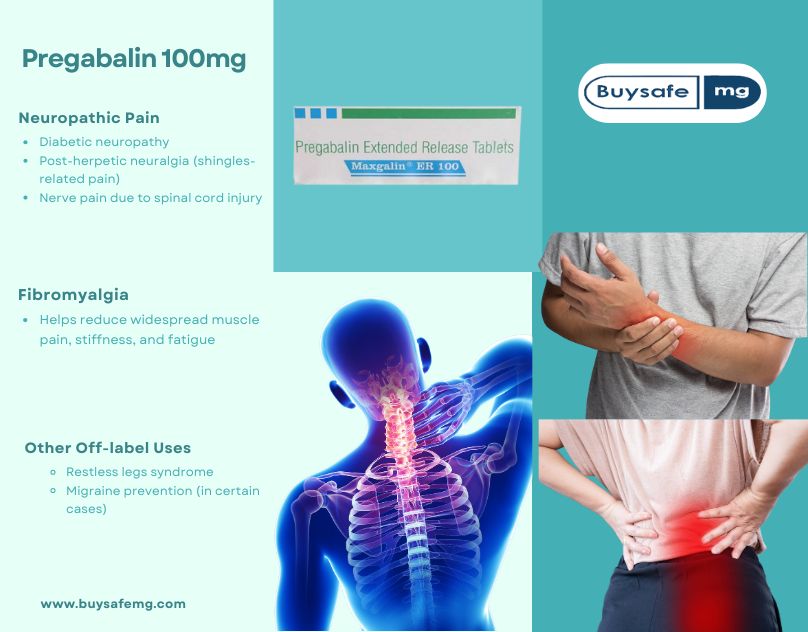Imagine you’re running a factory, and one small oversight—like a leaky chemical tank—could pollute a nearby river or slap your company with hefty fines. Scary, right? That’s where ISO 14001 steps in, the global standard for environmental management systems (EMS) that helps businesses keep their environmental impact in check. But standards alone don’t cut it; you need people who can make them work. Enter ISO 14001 internal auditor training—a crash course in spotting risks, ensuring compliance, and keeping your company on the right side of the planet. If you’re in a role where controlling environmental risks is part of the gig, this training could be your secret weapon. Let’s explore why it’s such a big deal and how it can make you a hero in your workplace.
In 2025, with climate change and sustainability dominating headlines, businesses are under pressure to go green. Whether you’re in manufacturing, construction, or even logistics, ISO 14001 is the framework that helps you reduce waste, cut emissions, and avoid environmental mishaps. But here’s the thing: someone’s got to make sure the system is actually working. That’s where internal auditors come in, and training is what gets you there. Ready to see how this course can help you take charge of environmental risks?
What’s ISO 14001, and Why Does It Matter?
ISO 14001 is like a playbook for managing your company’s environmental footprint. It covers everything from reducing energy use to handling hazardous materials safely. Think of it as a promise to the planet—and your stakeholders—that you’re serious about sustainability. For companies, getting certified isn’t just about looking good; it’s about staying compliant, cutting costs, and winning trust from eco-conscious customers.
Internal auditors are the ones who keep that promise alive. They check processes, spot risks, and ensure the EMS is doing its job. Training teaches you how to audit like a pro, from reviewing documentation to sniffing out potential environmental hazards. It’s not just about rules; it’s about making a difference. Who wouldn’t want to be the one ensuring their company treads lightly on the earth?
What You’ll Get Out of ISO 14001 Internal Auditor Training
So, what’s the deal with the training? It’s not just sitting through lectures—it’s hands-on, practical, and designed to make you a master at spotting environmental risks. Most courses last three to five days, blending theory with real-world scenarios. Here’s a taste of what you’ll learn:
- The Ins and Outs of ISO 14001: Understand the standard’s requirements, from setting environmental goals to monitoring performance.
- Auditing Like a Pro: Plan and conduct audits, interview staff, and dig into processes without stepping on toes.
- Spotting Risks: Identify potential environmental issues—like improper waste disposal—before they become disasters.
- Writing Reports That Matter: Create clear, actionable reports that help management fix problems fast.
- Thinking Green: Develop a mindset that balances compliance with practical, sustainable solutions.
The Emotional Kick: Why This Training Feels Like a Win
Let’s get personal for a second. Ever felt that spark of pride when you know your work makes a difference? ISO 14001 internal auditor training taps into that. It’s not just about checking boxes; it’s about protecting the environment and your company’s reputation. When you catch a potential spill before it happens or help cut energy waste, you’re not just doing your job—you’re leaving a legacy.
I’ll admit, I used to think environmental standards were just corporate red tape. But then I spoke to an auditor who’d gone through the training. She described it like being a guardian of the planet, catching small issues that could’ve snowballed into big problems. She helped her company save thousands by reducing waste and even got a shout-out from the CEO. That’s the kind of impact we’re talking about—practical skills with a feel-good factor.
Why Controlling Environmental Risks Is a Big Deal in 2025
Here’s a quick detour: environmental risks are no joke. A single incident—like a chemical spill or non-compliance with regulations—can cost millions in fines, cleanup, and lost trust. In 2025, with governments cracking down on emissions and customers demanding greener practices, companies can’t afford to slip up. ISO 14001 is the tool that helps them stay ahead, and auditors are the ones making it happen.
Take industries like manufacturing or logistics. They’re under the microscope for their carbon footprints and waste management. Internal auditors trained in ISO 14001 ensure everything from recycling programs to energy-efficient machinery is on point. With trends like net-zero goals and circular economies gaining steam, these skills are more valuable than ever. Imagine being the one who helps your company hit its sustainability targets—that’s a career-defining move.
How Your Company Benefits (And Why They’ll Thank You)
Let’s flip the perspective. Why should your employer care about sending you for training? For starters, having in-house auditors saves serious cash. External consultants charge a fortune, but a trained internal auditor can handle audits, identify risks, and keep the EMS running smoothly. Plus, a strong EMS can cut costs—like reducing energy bills or avoiding fines—while boosting your company’s reputation.
Take a company like Unilever or Siemens. They lean on iso 14001 internal auditor training to meet sustainability goals and stay competitive. Internal auditors are their secret weapon, catching issues before they escalate and ensuring compliance with global regulations. Your training could be the key to helping your company shine in a world that’s watching closely.
Picking the Right Course: Don’t Get Lost in the Weeds
With so many training options, choosing the right one can feel like navigating a jungle. Here’s how to keep it simple:
- Look for Hands-On Learning: role-plays make the training practical and engaging.
- Consider Format: In-person courses offer networking; online ones give flexibility. Blended options are a great middle ground.
- Ask About Certification: Some courses include an exam for official auditor status—worth the extra effort.
Pro tip: Check if your company offers training subsidies. Many firms, especially in high-risk industries like chemicals or manufacturing, cover costs to build in-house expertise. Talk to HR—you might be surprised.
A Quick Side Trip: The Bigger Picture
You know what’s cool? ISO 14001 isn’t just about avoiding problems—it’s about building a better future. With sustainability trends like green tech and carbon-neutral goals shaping industries, auditors are at the forefront of change. Imagine auditing a company’s new solar panel system or ensuring a supply chain is plastic-free. That’s not just a job; it’s a chance to shape how businesses treat the planet.
Your Next Step: Take Charge of Environmental Risks
So, here’s the bottom line: ISO 14001 internal auditor training is your chance to make a real impact. It’s about mastering the skills to manage environmental risks, keep your company compliant, and contribute to a greener world. Whether you’re a quality manager, an engineer, or an EHS coordinator, this training sets you up to stand out.


